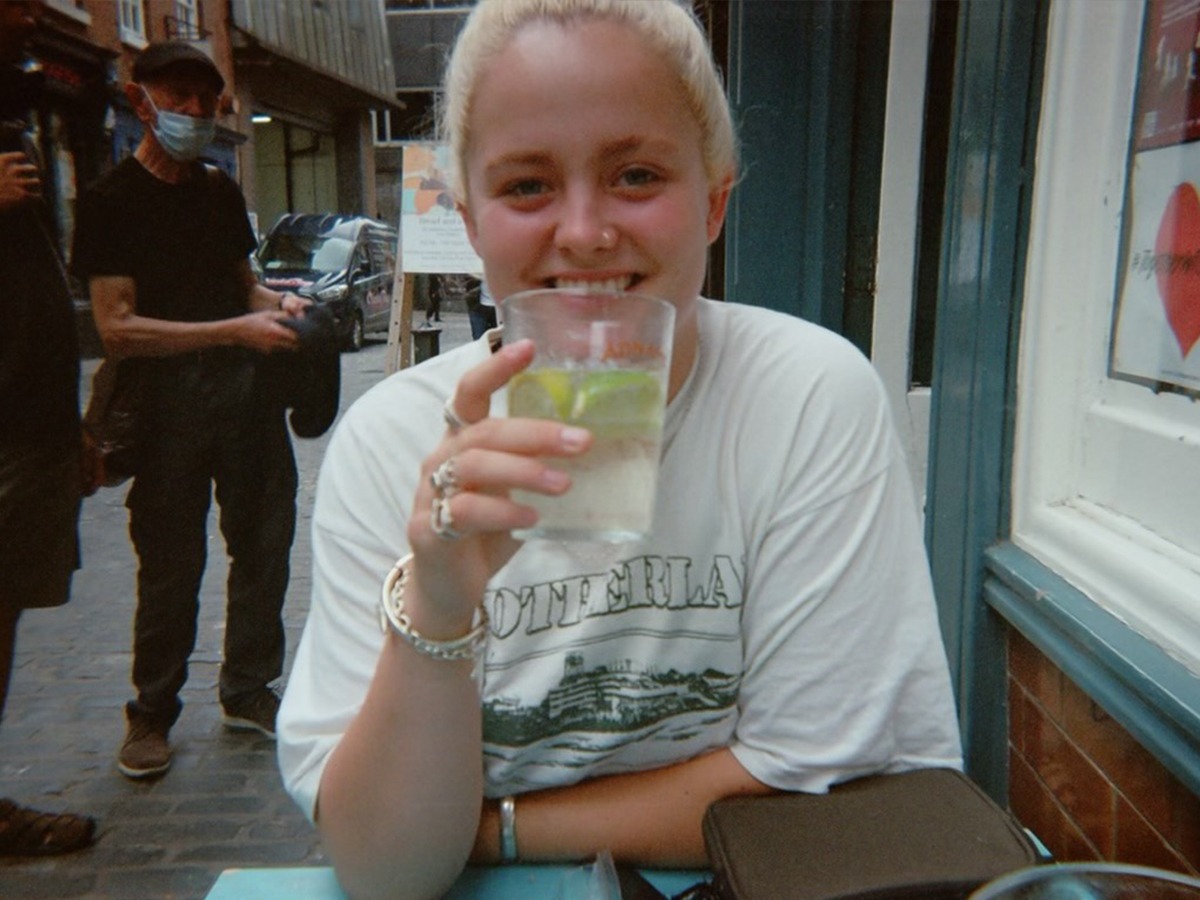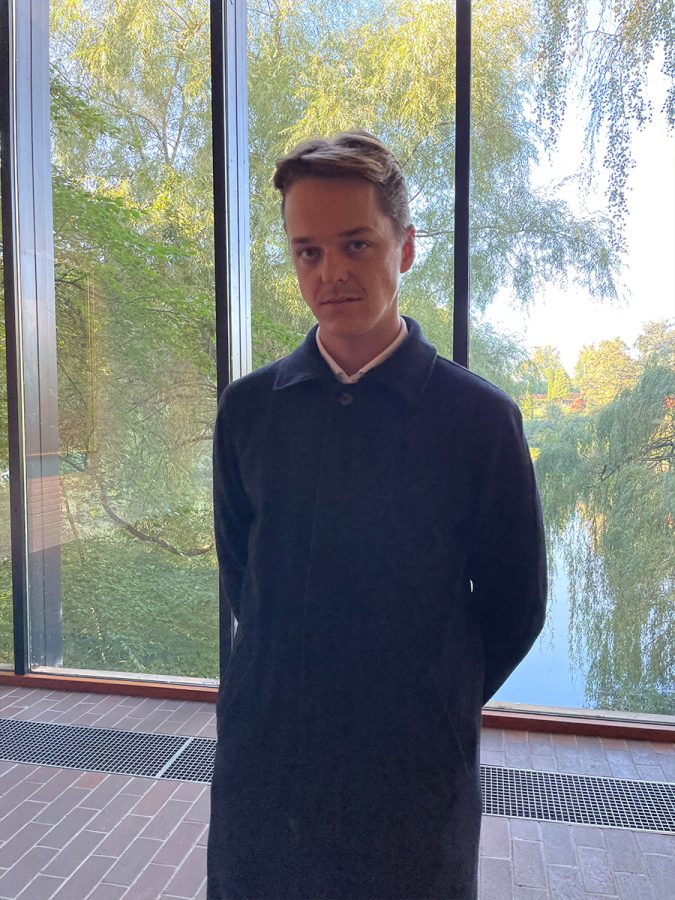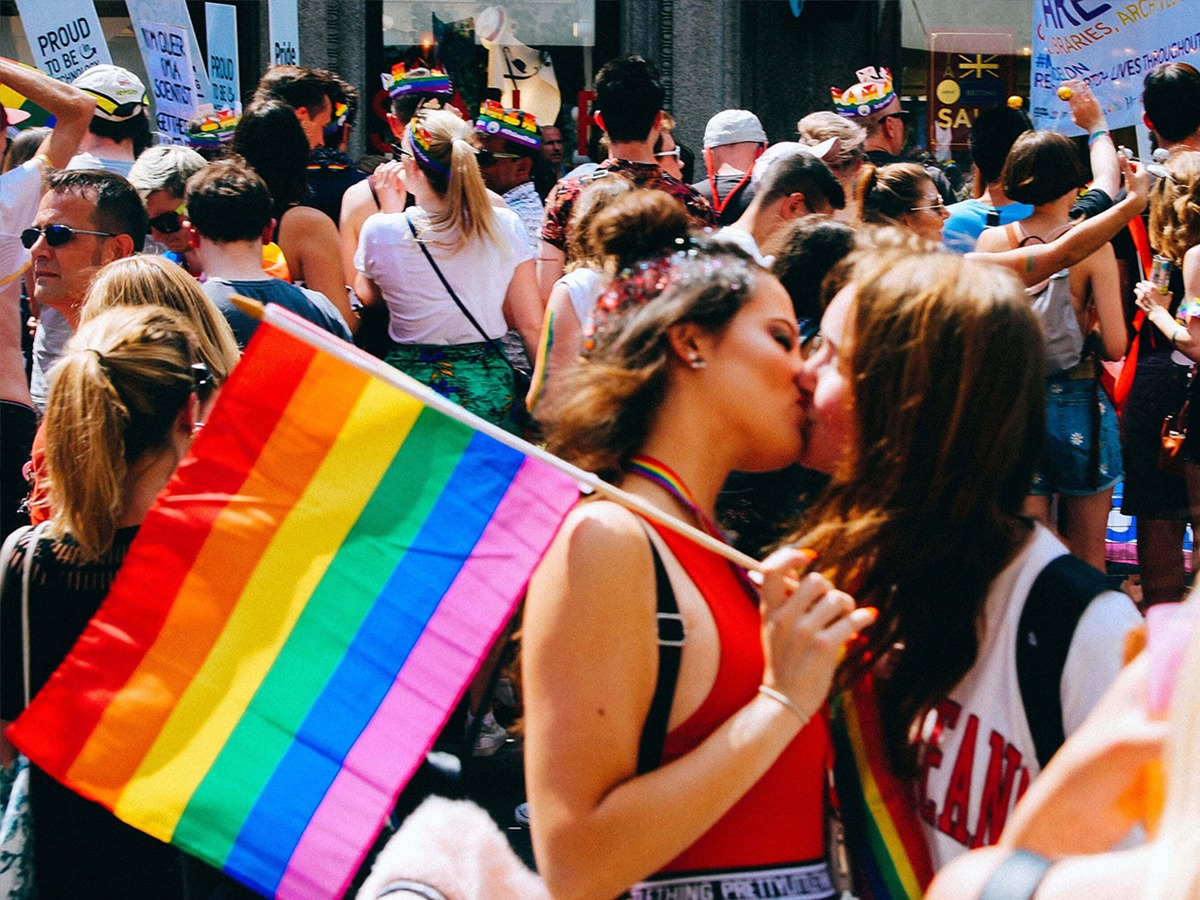Did you use it as the perfect excuse to throw a rainbow-themed party? Or maybe you were choking on your words as you whispered in your friend’s ear?
Perhaps you stood in front of the camera, as you proudly announced it to everyone watching online?
It can be daunting, exciting, liberating, and nerve-wracking, but coming out is undoubtedly a beautiful thing.
In this spirit, and in celebration of Coming Out Day, a group of KU students shared their stories and reflections around coming out.
“I think for people struggling to come out, it’s more a case of completely loving your true self first and then having that person that you trust completely,” said Freya Reid. The criminology student has bleached hair and an impressive undercut.
What is far more impressive, however, is that even when touching on the hardest parts of coming to terms with her sexuality, Reid is able to speak with confidence. Seven years have passed since she first came out on the phone to her best friend, who proceeded to hang up and never to talk to her again.
Reid identifies as a lesbian, but said it was not always like that. Within a year she went from identifying as straight to being openly bisexual, and then gay.
“I think it was quite a confusing situation,” she explains. “You feel like you are constantly changing so you’re never going to be fully supported by the people around you.”

Despite LGBTQ+ rights improving significantly in the past 20 years, with the legalisation of same-sex marriage and the banning of discrimination based on sexual orientation, Reid’s experience is far from unique.
A lot of LGBTQ+ people find themselves struggling with understanding their sexuality and how labels can change over time.
This is much owed to an education system that contributes to upholding prejudice whenever it shies away from discussing queer sexualities, issues and history.
Efforts like Coming Out Day aim to raise awareness and challenge the homophobia thriving under these conditions.
‘We hugged and cried’
Reid pointed out that older generations also need further education on LGBTQ+ stories and struggles. In 2020, research conducted by Ipsos found that younger people are more sexually diverse and more familiar with different types of sexualities, compared to their parents’ generation.
“Some parents are completely in denial of whether their child is gay or not, and I think that needs to change,” she said and underlined that she is grateful for her parents supporting her sexuality from day one.
“I think parents accepting you is probably the most support you can ever feel.”
Similarly, Simen Frantzen said his mother was very supportive when he first came out.
“We hugged and cried and she said she would always love me no matter what, and that I am not defined by who I want to have sex with.” The curation student, who in his own words identifies as 103.5 per cent gay, knew he was attracted to the same sex at the age of six.
He came out when he was 13-years-old: “I had a fight with my mum about absolutely nothing, and came out in quite an awkward manner, crying and screaming ‘what if I am gay?’, without anyone having ever mentioned anything about sexuality.”

Frantzen goes on to explain that he has never felt more accepted and supported as he did that day, but makes sure to mention that people should not put too much pressure on coming out.
“I think everyone is at the right time and right place in their life, always, and suddenly it will just happen. Don’t overthink it,” he said. “Whatever your situation is, know that you have a huge community that loves you and is cheering for you.”
It comes as no surprise that Frantzen, with his charisma and ‘je ne sais quoi’ style, stated that he could not be more confident and comfortable in his sexuality.
He makes it clear that his parents always pushed him to be himself, and were happy to let him wear high heels and dresses growing up.
However, he recognises that this is not the case for everyone, which is why representation is still important. “Conversation creates less stigma. We all just want to share our experience and feel like we’re not standing alone, but being part of something,” he said.
Visibility as activism
Another student, who wished to remain anonymous, described their experience with coming out as a more anti-climatic experience.
“It was not nearly as scary as I thought it would be. I knew I was queer from a young age, but it took me years to muster up the courage to tell my friends,” they said.
Until the age of 18, they suppressed their queerness due to the fear of losing their closest female friends. “I worried that they wouldn’t look at me the same way anymore, but when I finally did come out, they could have not been more accepting.”
With that being said, they emphasised that although their coming out story has a happy ending, there is a reason why many LGBTQ+ people feel apprehensive towards opening up about their sexuality.
“I would go as far as to say that being visibly queer is activism because LGBTQ+ people still face a lot of discrimination and stereotyping.”
In terms of the future, the student hopes that queer sexualities are normalised to the extent where people do not feel the need to come out anymore. “Why should straight be the default?” they ask.

